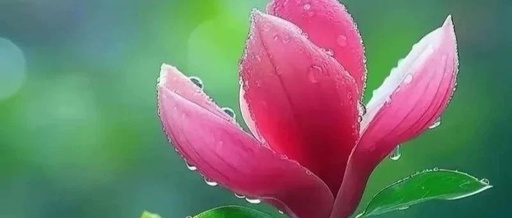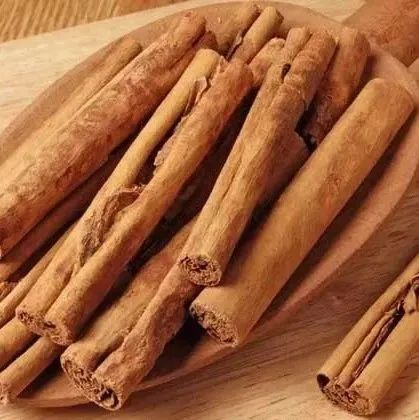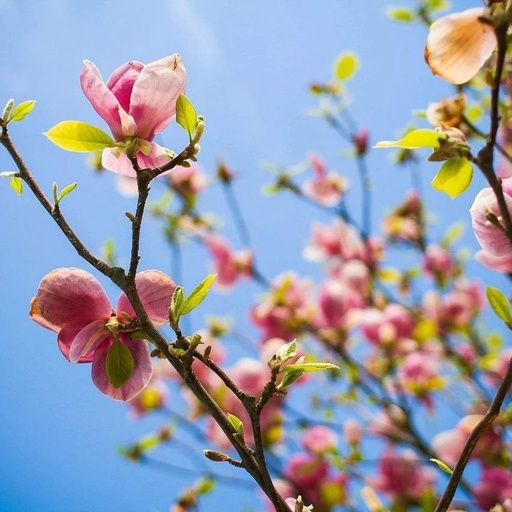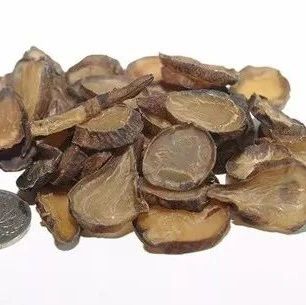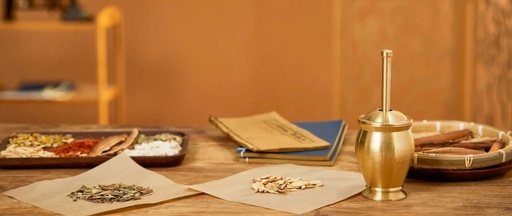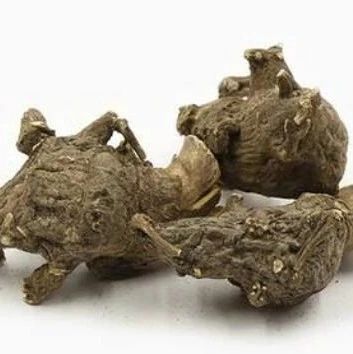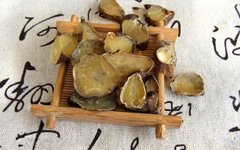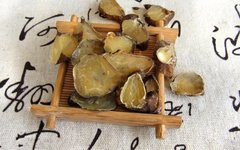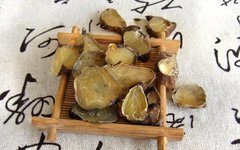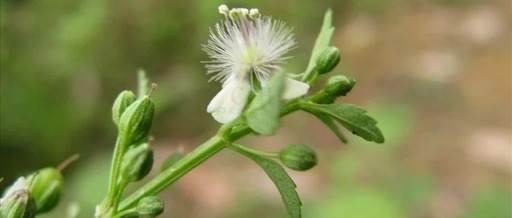Ma Huang Fu Zi Decoction and Xing Zi Decoction in Jin Kui Yao Lue
In cases of water-related illnesses, the pulse is deep and thin, belonging to the Shao Yin (Lesser Yin); a floating pulse indicates wind; a lack of water with distension indicates Qi deficiency; for water, inducing sweating is sufficient. For a deep pulse, Ma Huang Fu Zi Decoction is recommended; for a floating pulse, Xing Zi … Read more

